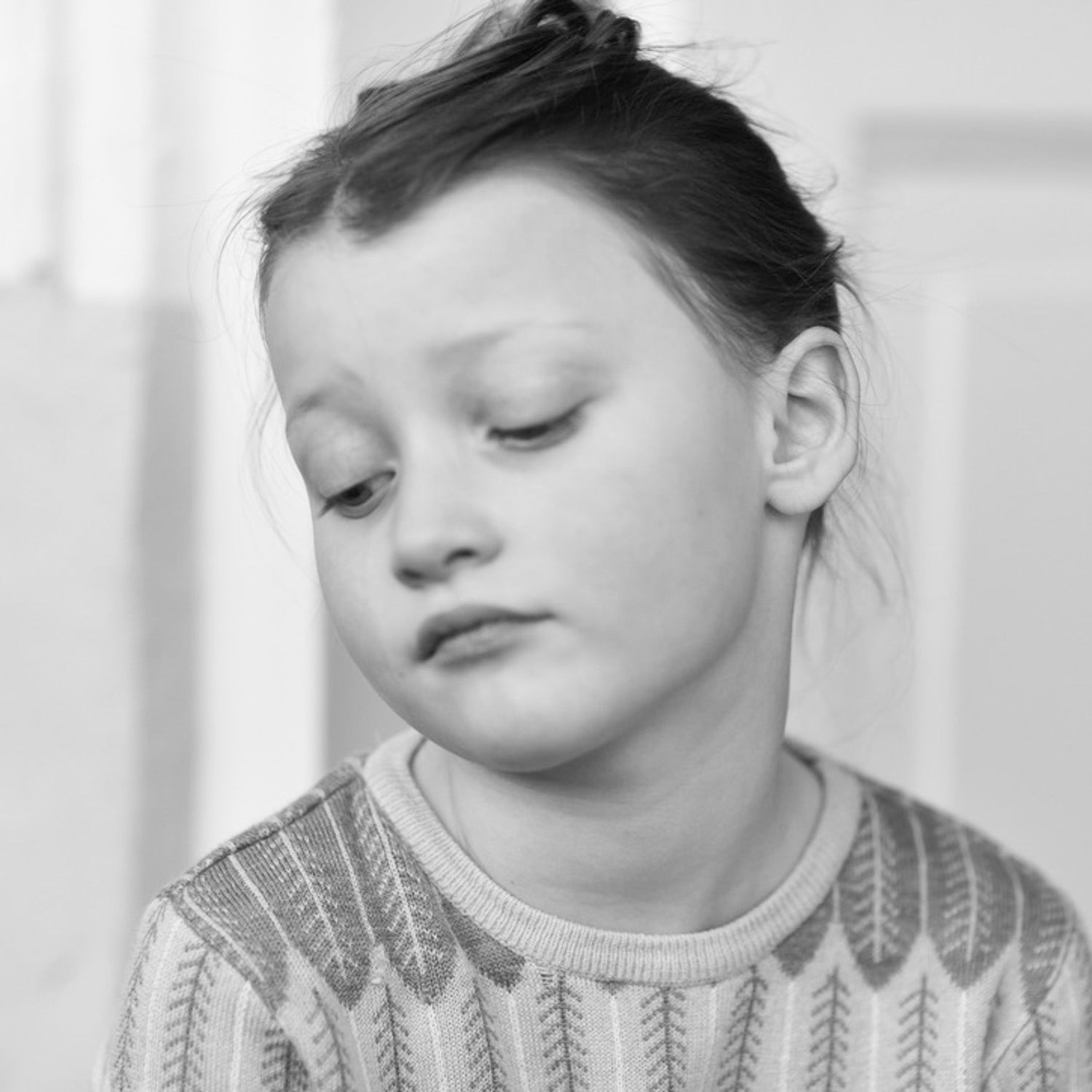It is said that we can avoid outbursts if we have learned to put emotions into words. Outbursts of course come for various reasons, but perhaps they most often happen when words are not enough, when everything just kind of explodes inside without the tools to deal with it being available? Children who fight is not easy. (Or is it our way of viewing it that is the problem..?)
Angry children and children who argue?
Anger or being able to get angry is important. We get angry if we are treated unfairly, if we feel we are at a disadvantage, are jumped on or physically or verbally. Many can also get angry when they hear or see something that goes against a principle they hold fast to. Anger is an emotion that signals to us that we need to gather strength to change or make amends. In this way, anger can act as a problem solver or a trigger. It is there to help us.
Anger is necessary, but for those who have difficulty controlling it, it can be a problem.
- It is also important that parents can "carry" the child's feelings and help the child learn to know his feeling and endure it. "It doesn't matter if you're really sad right now, it's okay. I can help you carry it.” says Petra Boman, neuropsychologist (source: folkhalsan.fi) According to Petra, we need to get better at putting emotions into words and analyzing outbursts in order to have the opportunity to avoid them.
Anyone who lives with children knows that it is not easy. So much more than the child's feelings play a role in everyday life and we don't always succeed with what we actually know is good and functional. Angry children become angry adults..
BUP writes: "During growing up, you usually need help from parents or other adults to regulate and take care of your strong emotions. Some people find it more difficult than others to control their anger. It can both be that you get angry in situations where there is really no reason to be angry, and that you overreact and become excessively angry in situations when things don't quite turn out the way you want. Some people find it very difficult to stop their outbursts of anger. Having trouble controlling one's anger often has consequences in relationships with other people. It can, for example, lead to people around you becoming afraid or pulling away. The person who has had an outburst may also feel guilty and feel bad about having behaved badly.”
There are of course many situations where professional help is necessary. Then, for example, BUP is an alternative. But anger, and even outbursts, we all go through at times in life and it says something to us. Angry children tell us something.
- Anger is an important emotion for children. It expresses the child's integrity, needs and willpower. The child who is not allowed to show anger often grows up to be a person who cannot handle frustration. Or who cannot get angry, only sad, and sees himself as a victim, says Jana Söderberg, conversation therapist in psychosynthesis and author of the book "Dare to be" (source: trygghansa.se)
"Sometimes we don't understand our child's anger, we think it is exaggerated or groundless. Either we get angry ourselves, or we do everything to put the child in a good mood again." says Jana.
And surely we recognize it? Maybe we really do understand, but every now and then it seems so very unnecessary to scream over a little ice cream (or whatever it is). Then we really have to be "adult enough" to grasp what it's really about. Yelling back rarely works.

"If we dare to face emotions without immediately trying to deal with them in different ways, we can also stop feeling responsible for our children to be one hundred percent happy all the time." Jana continues, and this tells me a lot about how I myself function in different situations. When I'm tired and my patience is low, I go more easily to try to adjust and "fix". A so-called quick fix, such as lighter bribes and awkward attempts to rationalize, is close at hand. If, on the other hand, I am more stable and secure, it is much easier for me to understand where the child's feelings come from and how I should respond to them. Maybe it's good to be in what feels like for a while. Maybe I don't need to replace what is felt with something else (according to the template) more positive.
Angry adult, angry child?
Anger is probably difficult precisely because it triggers a lot in many of us. Strong emotions and loud noises often do that. Yelling back or at least raising our voice is an impulse that we may feel cannot be stopped. In theory yes, but every now and then many people find it extremely difficult.
What can we do to become better at responding to these strong emotions? "Not entirely easy in a society where problems must be solved as soon as possible, and where uncomfortable feelings are often seen as just that - problems." says Jana Söderberg. In other words, we have learned that we must remove what is troublesome. Preferably quickly..
In order not to act in affect, we need to become emotionally aware ourselves. Only then can change take place. It is difficult to teach children to be emotionally intelligent if we ourselves are not good at our emotions. We need to know what we are talking about to teach or support our children. But I think that no parent is a professional from the start. Growing up and learning together with the children is something most people do, whether we actually see it that way or not. Their journey is also ours and if we, with them by our side, can learn what we would in the best of worlds have learned earlier, then it is actually something very nice.
Also read Emotions that collide





